Uterine fibroids are defined as noncancerous growths of the uterus that mostly appear during pregnancy days. They are also called Leiomyomas or myomas. Fibroids vary in size, they can be as small as a seed and as large as a human eye that can distort and enlarge the uterus.
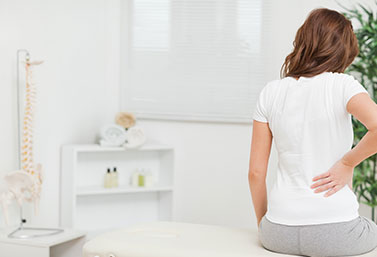
Book an appointment online to consult with Dr. Ritambhra Bhalla for Gynec issues.

According to the clinical research, the cause of uterine fibroids is not known, but there are several factors which can lead to uterine fibroids such as:

The factors that can have an impact on fibroid development include:
Heredity: If anyone in your family had fibroids then you are at increased risk of developing them.
Race: Black women are more prone to fibroids than women of other racial groups. Black women are likely to have larger fibroids at younger ages.
Environmental factors: Use of birth control pills, the onset of menstruation at an early age, obesity, vitamin D deficiency, fruit, and dairy having a diet higher in red meat and lower in green vegetables and drinking alcohol increase the risk of developing fibroids.
Want to consult gynecologist? Book Online Consultation with Doctor, consult the best Gynecologists in India
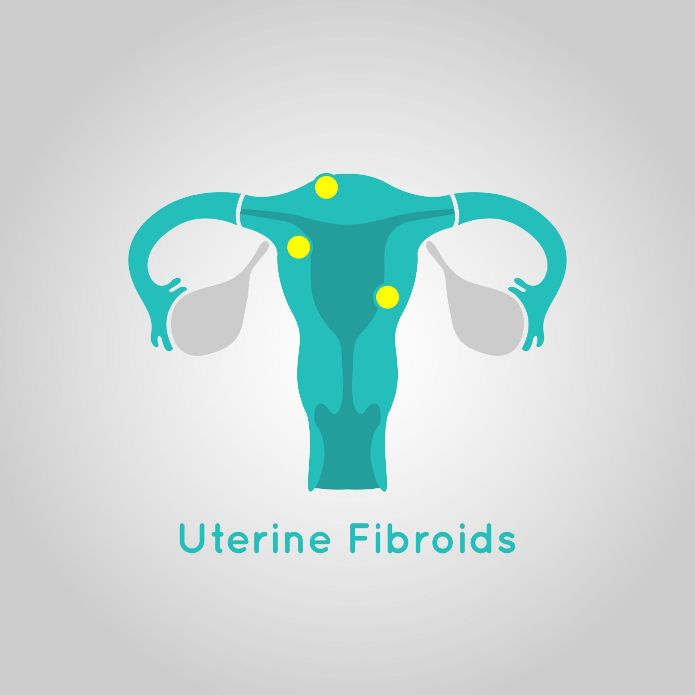
Many women having fibroids don’t show any symptoms, but some woman does show symptoms of fibroids which are influenced by the location, size, and a number of fibroids.
The fibroid symptoms are:
A fibroid can cause severe pain when it outgrows its blood supply and begins to die, but it happens very rarely.
Fibroids can grow in any part of the uterus, and they are named by their location.
Intramural Fibroids: They grow inside the uterus walls
Submucosal Fibroids: They grow into the hollow cavity of the uterus.
Subserosal Fibroids: They grow out of the surface of the uterus.
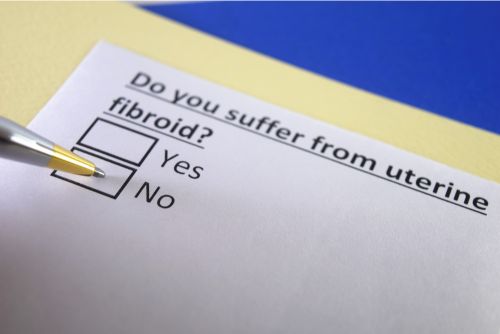
Must Read: How to Cure Uterine Fibroids Naturally
How can you Diagnose Uterine Fibroids?
Uterine fibroids can be incidentally found during a routine pelvic exam if your doctor feels irregularities in the shape of the uterus. If you have symptoms of uterine fibroids then your doctor may suggest these tests:
Ultrasound: It uses sound waves to get a picture of the uterus to confirm the diagnosis and to measure fibroids.
Lab Tests: If a woman is going through abnormal menstrual bleeding then your doctor may suggest tests to investigate potential causes. These tests might include CBC and other blood tests to rule out bleeding disorders or thyroid problems.
Watch Video on Can Fibroids turn into Cancer
Some other tests your doctor may recommend are:
To Know More: About Fibroid Factbook
You can also join our Cloudnine Community to discuss and get more information about - Scans, Health Care, Pregnancy Nutrition.
There are many options to treat uterine fibroid. Fibroids are not cancerous, and they very rarely interfere with pregnancy. They grow very slowly and tend to shrink after menopause when levels of reproductive hormones drop.
The Uterine fibroid treatments are discussed below:
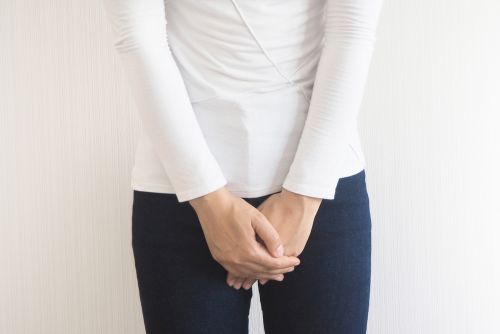
There are medicines available for uterine fibroids that target hormones that regulate the menstrual cycle and treats symptoms such as heavy menstrual bleeding and pelvic pressure.
It preserves the uterus, requires no incision and is done on an outpatient basis.
It destroys the uterine fibroids without actually removing them through surgery. The procedures include:
Must Read: Diet to combat Endometriosis
In this procedure, small particles are injected into the arteries supplying the uterus which cut off the blood flow to fibroids and causes them to shrink and die.
In this procedure with the help of radiofrequency energy fibroids are destroyed, and the blood vessels that feed fibroid are shrunk.
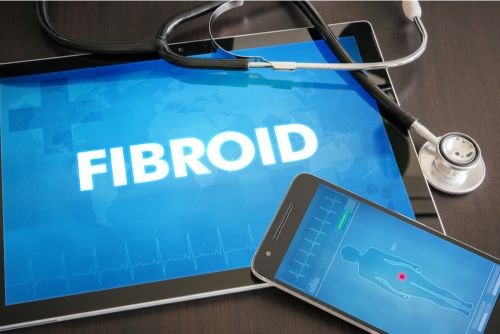
Laparoscopic or robotic myomectomy:
this procedure, the surgeon removes the fibroids and leaves the uterus in place.
When the fibroids are inside the uterus then the surgeon access and remove fibroids using instruments which are inserted through the vagina and cervix into the uterus.
It is performed with a specialized instrument inserted into the uterus to destroy the lining of the uterus.
Must Read: Fibroid growth and HCG levels!
Making healthy lifestyle choices such as maintaining a normal weight and eating fruits and vegetables you can decrease the risk of having a fibroid.
Explore Cloudnine Momeaze for all your shopping needs with wide range of products.
Uterine Fibroids: Symptoms and treatment?
Getting back in shape post-pregnancy?
Want to consult the best gynecologists in India? Please find the links below.
Want to consult the best Maternity Packages in India? Please find the links below.